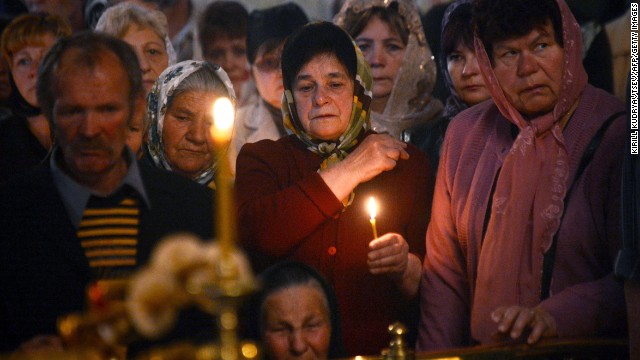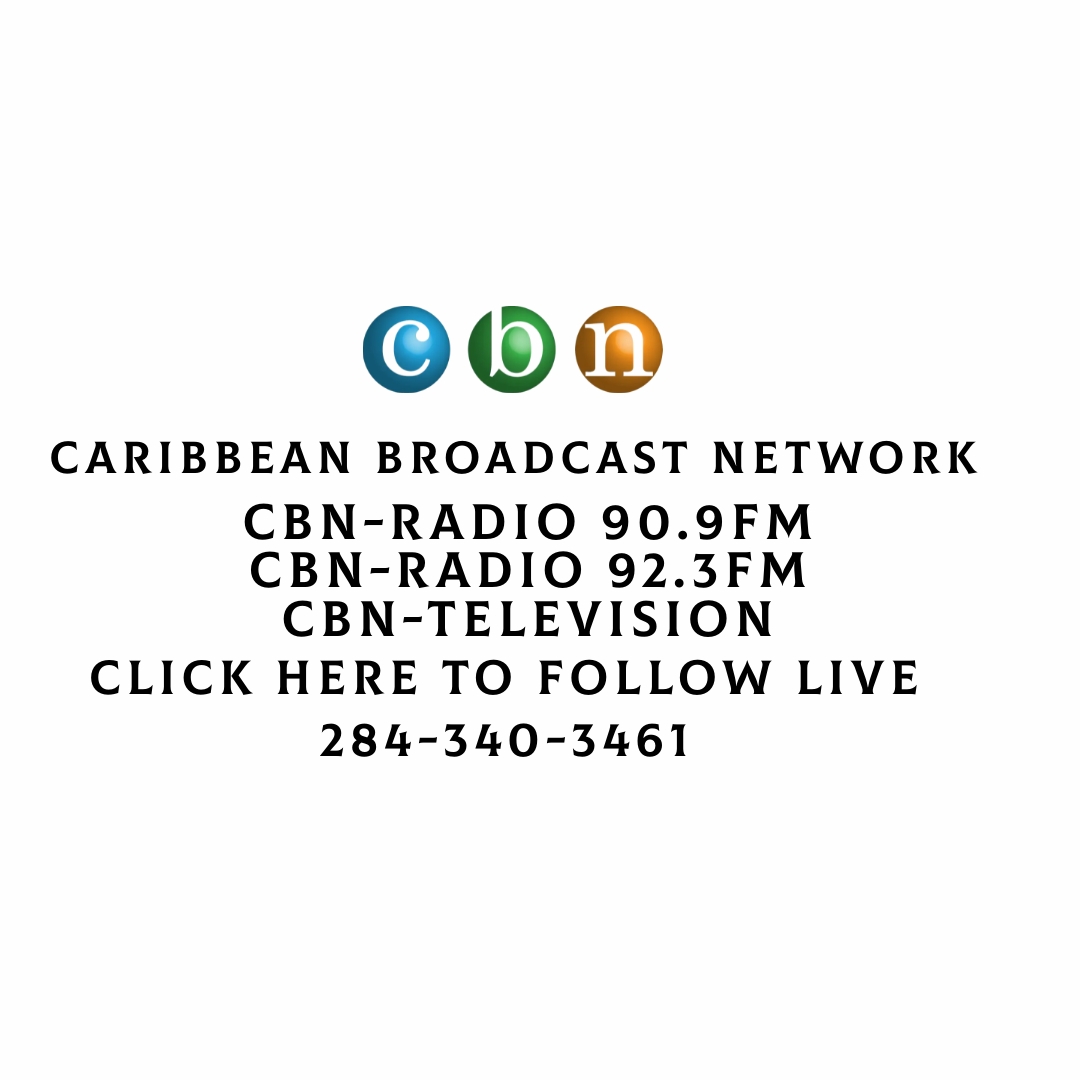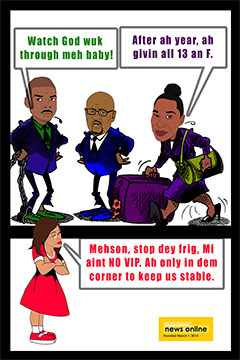Ukraine crisis: OSCE observers held captive amid simmering tensions
Concern mounted Saturday for the safety of a team of European and Ukrainian military observers seized by pro-Russian separatists in Ukraine, as G7 leaders said they would impose new sanctions on Russia over its role in the crisis.
The group from the Organization for Security and Co-operation in Europe were detained Friday as it entered the town of Slavyansk, alongside five Ukrainian military representatives and the driver of their bus, Ukraine's Interior Ministry said.
Ukraine's Security Service, the SBU, said the group is being kept under "inhumane conditions" in the basement of a building held by the militants.
"One of the detainees is in need of urgent medical care which the Ukrainian anti-terror unit is ready to provide," the service said in a statement. "Terorrists are not allowing any assistance to the hostages."
 Photos: Crisis in Ukraine
Photos: Crisis in UkraineThe self-declared mayor of Slavyansk, Vyacheslav Ponomarev, told reporters that one of the "prisoners" has diabetes, but he has the medicine he needs and will be given his own quarters overnight.
He said the prisoners had had no contact with their headquarters and that he has had no contact with Russians.
Ponomarev earlier told CNN that the observers were safe and well, but that there were no negotiations going on. Their captors will exchange them for activists held by Kiev, he said, adding that the men were unarmed soldiers from NATO countries who did not have permission to be there.
Separatist leader Denis Pushilin, self-declared chairman of the so-called "Donetsk People's Republic," told CNN he doesn't believe they are from the OSCE but that some are NATO spies.
The German Foreign Office said it had set up an emergency task force to find out what has happened to the team, four of whom are German.
The others are from Denmark Poland, Bulgaria and the Czech Republic, Russian state media said.
The French Foreign Ministry condemned the observers' abduction and demanded their immediate release.
"It is unacceptable to target observers mandated by the international community to work to de-escalate, contribute to easing tensions and resolving the crisis in Ukraine," it said.
In a phone call with U.S. Secretary of State John Kerry, Russian Foreign Minister Sergey Lavrov asked the United States to use its influence to secure the release of pro-Russian leaders being held in Ukraine. The Russian minister restated the country's position that Ukraine must stop its military operations against pro-Russian separatists, the Russian foreign ministry said in a statement.
Russia will do all it can, envoy says
The OSCE mission in Ukraine is tasked with helping to implement an international agreement signed nine days ago in Switzerland, which called for illegal militia groups to disarm and leave occupied buildings, among other provisions.
Western nations and Ukraine's interim government in Kiev accuse Russia of coordinating and supporting the militant groups, and of seeking to destabilize the situation in Ukraine.
The SBU accused the militants in Slavyansk of seeking to use the OSCE representatives as a human shield and claimed a Russian citizen was behind their seizure.
Acting Ukrainian President Oleksandr Turchynov also pointed the finger at Russia for the OSCE team's capture, saying it must have endorsed the militants' actions, and said the Russian leadership must be held accountable for what he called its support for terrorism.
Even the observers' international mandate did not prevent "armed criminals" from taking them hostage, he said, according to a statement from his office.
Russia's Foreign Ministry insisted Saturday it was taking all possible measures to resolve the situation.
In a statement, it added that the security of the observers is the responsibility of the hosting country.
Russia expects Kiev to provide information about the location and safety of OSCE observers in areas of the country where the Ukrainian government has no control and where the Ukrainian military is conducting operations against its "own people", the ministry said.
Russia, like the United States, is a member of the 57-nation OSCE, a body which has a history of stepping in to mediate crises.
Ukraine: Airspace violations by Russia
Kiev and the West are also concerned about Russia's military buildup on Ukraine's border, with NATO estimating some 40,000 troops are ranged there.
Russian military aircraft "crossed and violated" Ukrainian airspace seven times overnight, Ukrainian Prime Minister Arseniy Yatsenyuk told reporters in Rome on Saturday.
The Russian Defense Ministry denied the accusation, according to the state news agency Itar-Tass.
The Ukrainian Prime Minister also urged Russia to pull back its security forces and not to support pro-Russian militants in eastern and southern Ukraine. "We urge Russia to leave us alone," he said in televised remarks.
Yatsenyuk met with Italian Prime Minister Matteo Renzi while in Rome, as well as Pope Francis. The latter meeting has been seen as a sign of support from the Vatican for his government.
The Vatican said that in discussions, "the hope was expressed that all the parties involved will collaborate constructively to re-establish political and social stability throughout the country ... and to promote understanding between peoples in the region."
Ukraine's government has promised constitutional reforms and protections for Russian speakers in a bid to ease the tensions in its eastern regions.
But it also said Friday it was launching the second stage of an "anti-terrorist operation" against militants in Slavyansk, a day after it said five pro-Russian separatists had been killed in clashes with security forces.
Targeted sanctions
Against the backdrop of increasing volatility in Ukraine, leaders of the G7 industrialized nations on Friday announced they would "move swiftly to impose additional sanctions on Russia" over its actions in Ukraine.
"Given the urgency of securing the opportunity for a successful and peaceful democratic vote next month in Ukraine's presidential elections, we have committed to act urgently to intensify targeted sanctions and measures to increase the costs of Russia's actions," they said.
The statement from the group -- which includes Canada, France, Germany, Italy, Japan, the United Kingdom and the United States -- came hours after U.S. President Barack Obama threatened Russia with new sanctions.
According to a senior Obama administration official, each G7 country "will determine which targeted sanctions they will impose" -- measures that "will be coordinated and complementary, but not necessarily identical."
The United States could take action as early as Monday, according to the official.
'Economic cost'
Deputy National Security Adviser Ben Rhodes, briefing reporters on Air Force One on Saturday, said he believed the sanctions drawn up by the United States "can have a significant impact."
The measures are intended to "target individuals who have significant assets to the Russian economy and influence with the Russian leadership," he said, and entities associated with them, such as banks.
Rhodes said Russia's economy is already hurting -- and that the new sanctions "are meant to reinforce that economic cost on Russia."
"There's an alternative path for them to take but if they don't take it, we are going to continue to ratchet up the pressure," he said.
If Russia escalates the situation still further, for example by moving its troops across the border into Ukraine, Rhodes said, then the G7 could go further by imposing sanctions on broad sections of its economy.
Rhodes said the G7 nations were united on this approach, even though it would carry with it "uncertainty for the global economy, difficulty for each of the countries of the G7 in its own way, given their various commercial relationships with Russia."
He acknowledged there was "a degree of unease" in the private sector in Europe over the impact such sanctions would have on business. But, he argued, there would also be an economic cost if Russia was allowed increasingly to destabilize its neighbors.
An EU source familiar with the matter said Saturday that European Union ambassadors are expected to meet Monday to discuss a new round of sanctions against Russia.
Kremlin: Putin, Obama are talking
Events in Ukraine have prompted the worst crisis in East-West relations since the end of the Cold War.
But Kremlin spokesman Dmitry Peskov, speaking to the Echo of Moscow radio station Saturday, dismissed media reports that Russian President Vladimir Putin and U.S. President Barack Obama had broken off direct contact.
"The conversation is continuing quite regularly," Peskov is quoted as saying.
"The previous conversation between the two presidents took place last week. There are a lot of disagreements now, and therefore these dialogues are sometimes very tough, but nevertheless, communication is continuing."



_(2).png)





.png)

.png)
.png)
_(1)_01.png)



.png)























Leave a Reply